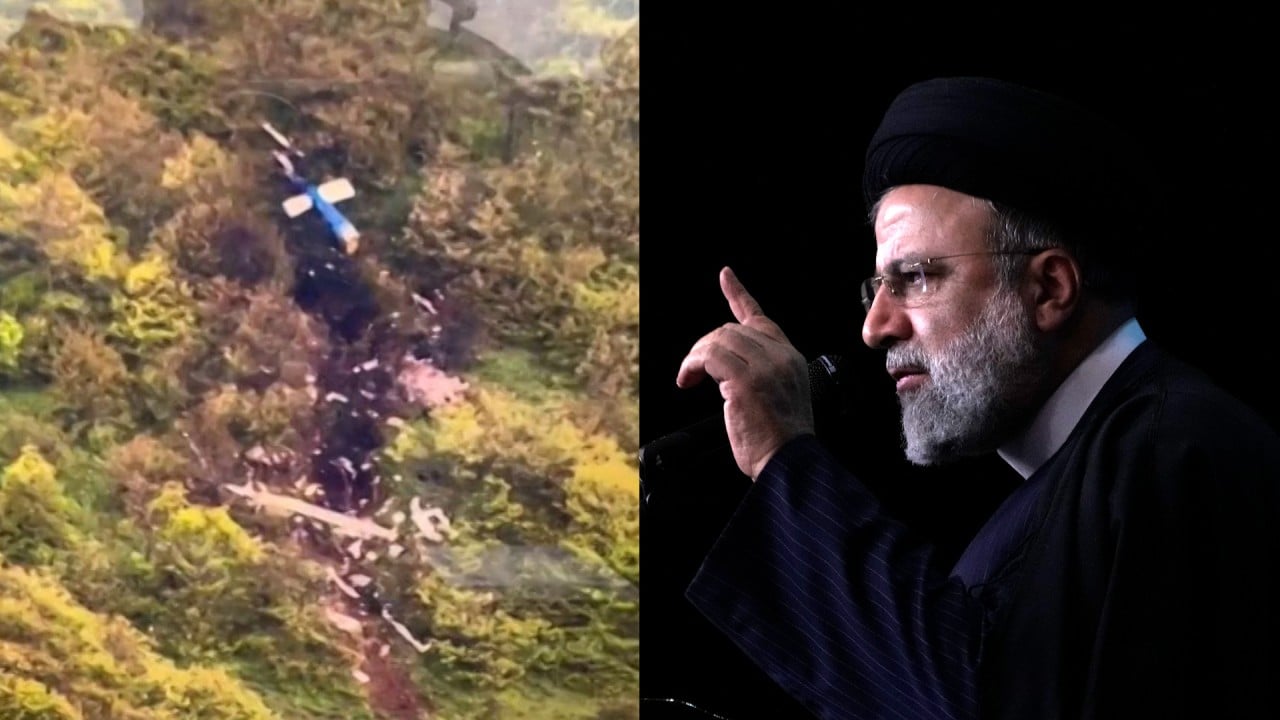Xi pledges deeper China ties with Arab states, pushes 2-state solution for Gaza peace
In his keynote address, the Chinese leader also said China was willing to work with Arab countries to deepen cooperation in fields ranging from oil and gas to trade and investment, as well as forge new areas of growth such as in artificial intelligence.
“China will further strengthen strategic cooperation with the Arab side in oil and gas and integrate supply security with market security,” he said, adding that China was ready to accelerate bilateral and regional free trade agreements.
China – the world’s largest oil importer – is a key customer for the region’s oil-exporting countries.
Xi said that China is willing to build China-Arab relations into a “benchmark for maintaining world peace and stability” and a “model of harmonious coexistence of different civilisations”.
“In the face of a turbulent world, mutual respect is the way to live in harmony, and fairness and justice are the foundation of lasting security,” he said.
“We are ready to work with Arab nations to … explore solutions to hotspot issues in ways that are conducive to upholding fairness and justice and achieving long-term peace and stability.”

Xi also announced that China would host the second China-Arab Summit – which he said would be a “milestone” in ties – in 2026. The first edition of the summit was held in Saudi Arabia two years ago.
China’s foreign vice-minister, Deng Li, earlier this week said the attendance of the four Arab heads of state – who are all in Beijing for state visits – reflected “the wish of China and Arab states to unite and cooperate”.
He said the conference would focus on expanding China-Arab cooperation, and a number of documents were expected to be adopted which would “make a common voice … on the Palestinian question”.
On Wednesday, Chinese Foreign Minister Wang Yi told Arab League chief Ahmed Aboul Gheit that China would work with Arab countries to promote a comprehensive, just and lasting solution to the Palestinian issue, calling the suffering of the Gaza people a “humanitarian disaster in the 21st century”.
Set up in 2004, the forum is a dialogue platform between China and the Arab League, with foreign ministers of the 23 countries taking part meeting every two years to discuss cooperation in fields including economy and security.
The forum this year came amid continued efforts by China to deepen ties with Arab countries. On Monday, Deng said China’s relationships with many Arab states has achieved “leapfrog development”, and strategic mutual trust has deepened.
“China and Arab states are both important members of developing countries and significant forces in the international community, shouldering the common historical mission of achieving national rejuvenation and accelerating national development,” Deng said, according to a Chinese foreign ministry statement.
The Chinese leader met Egypt’s Sisi on Wednesday, and is expected to hold separate talks with the other Arab leaders on bilateral ties, as well as regional and global issues.
